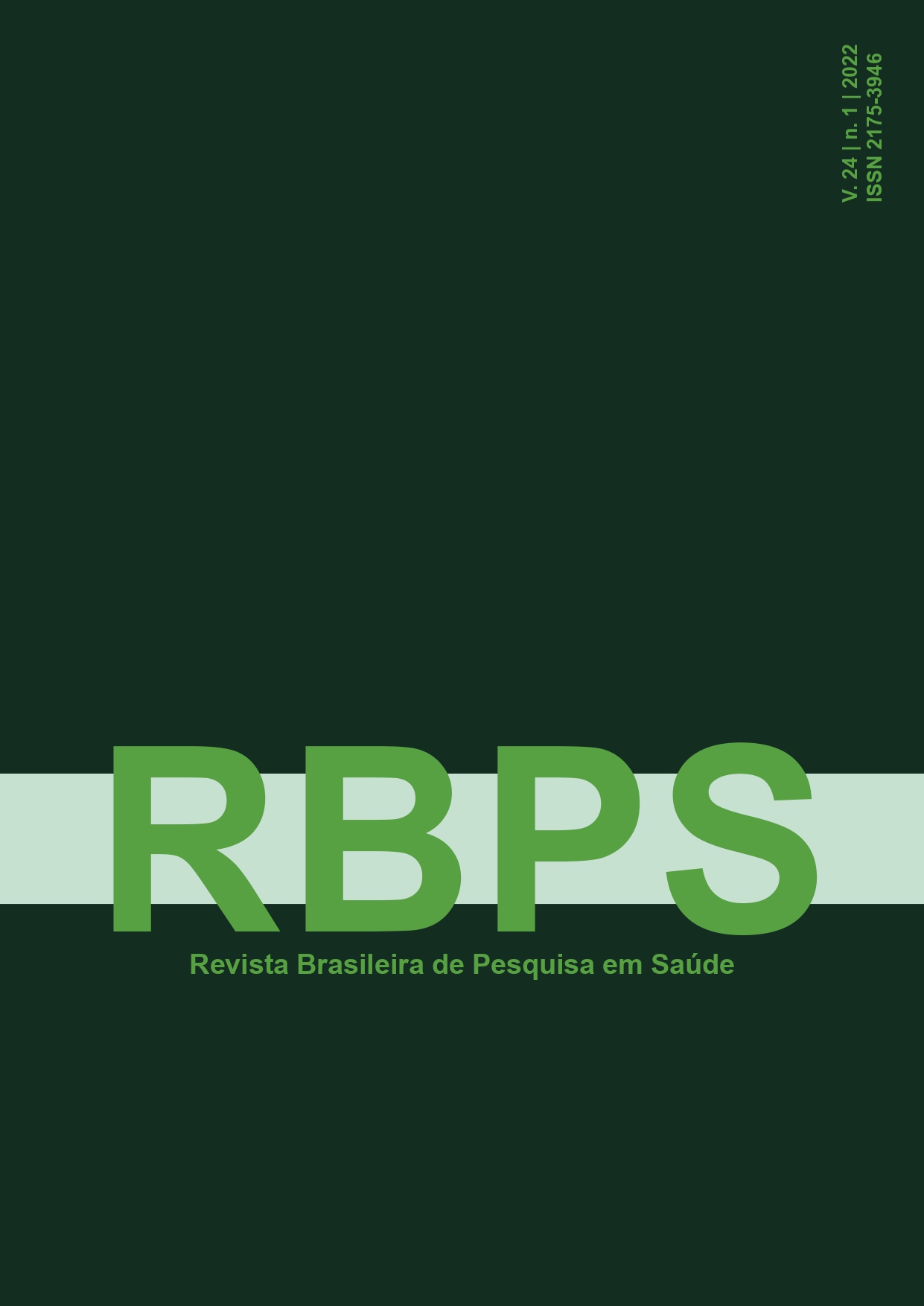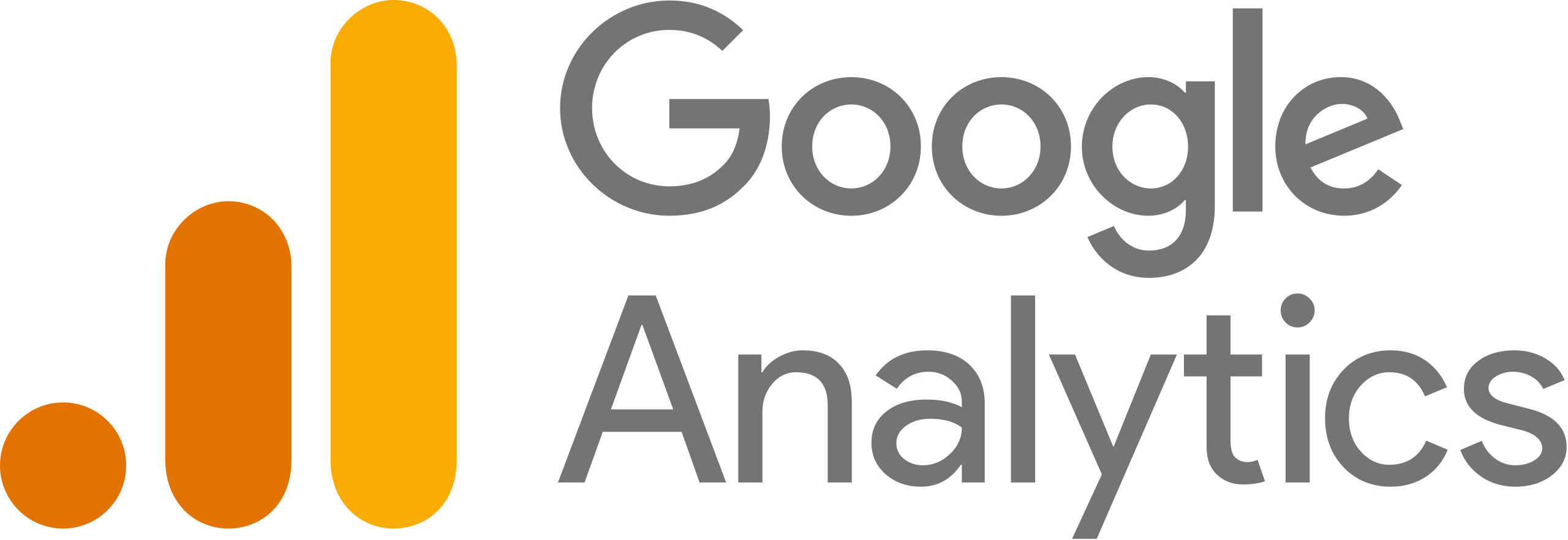The use of mouthwash in dental practice as a care protocol during the Covid-19 pandemic: an integrative review
DOI:
https://doi.org/10.47456/rbps.v24i1.36004Keywords:
COVID-19, Coronaviruses, Prevention of diseasesAbstract
Introduction: The pandemic caused by the new Coronavirus (SARS-CoV-2) caused a serious public health situation, in view of the highly infectious contagious viral transmission, led to the urgent need to develop specific preventive measures, such as the use of mouthwashes. Objectives: To carry out an integrative literature review with a pattern of ascertaining whether the use of mouthwashes is effective in preventing Covid-19. Methods: Carry out an integrative literature review through a guiding question: “Are mouthwashes effective in preventing Covid-19?”; with selection of articles through the US National Library of Medicine (NLM/PubMed) database and use of “MeSHterms”, being these: “mouthwashes” and “Covid-19”, in addition, there was the use of the Boolean AND connector. Results: After analyzing the 134 (one hundred and thirty-four) full works; of these, 6 (six) articles were duplicated in the search strategies, thus totaling 19 (nineteen) works selected after the eligibility criteria. Despite the reduction in the number of scientific articles claiming the effectiveness of mouthwashes, 10 of the 19 scientific studies (52.6%) provided scientific data on some substances that may have antiviral action. Conclusion: It can be inferred that povitone iodine is a substance present in mouthwashes that most show a reduction in the viral load of the new coronavirus. Therefore, the formulation of new clinical and laboratory research is essential to be able to determine statistical values with a larger sample of individuals.
Downloads
References
Guinancio JC et al. Covid-19: desafios do cotidiano e estratégias de enfrentamento frente ao isolamento social. Research, Society and Development. 2020; 9(8): e259985474-e259985474.
Moraes EB et al. A segurança dos profissionais de saúde em tempos de Covid-19: uma reflexão. Research, Society and Development. 2020; 9(7): e134973832.
Chang L et al. Coronavirus disease 2019: Coronaviruses and blood safety. transfusion medicine reviews. 2020;34(2):75-80.
Oliveira AC et al. O que a pandemia da Covid-19 tem nos ensinado sobre adoção de medidas de precaução? Texto & Contexto. 2020;29:e20200106.
Vieira TDGF, Santos MLSC. Estratégias ped¬agógicas e uso de metodologias ativas na graduação em enfermagem em tempos de pandemia do Coronavírus - Covid-19. Research, Society and Development. 2020; 9(11):e2759119749.
Anderson RM. How will country-based mitigation measures influence the course of the Covid-19 epidemic? The Lancet. 2020; 395(10228):931-934.
Silva JMB et al. Coronavírus e os protocolos de desinfecção e reprocessamento de artigos hospitalares. Research, Society and Development. 2020;9(9):e29996187.
Langa GPJ et al. The effect of cetylpyridinium chloride mouthrinse as adjunct to toothbrushing compared to placebo on interproximal plaque and gingival inflammation — a systematic review with meta-analyses. Clinical Oral Investigations. 2020;1-13 p.
Pinto LG et al. Recomendações de práticas odontológicas diante à pandemia de Covid-19. Research, Society and Development. 2020;9(7):e634974569.
Pinto-Filho JM, Spanemberg JC, Cardoso JA. Coronavirus pandemic: is H2O2 mouthwash going to overcome the chlorhexidine in dental practices? Journal of Stomatology, Oral and Maxillofacial Surgery. 2020; doi: 10.1016/j. jormas.2020.11.001.
Vergara-Buenaventura A, Castro-Ruiz C. Use of mouthwashes against Covid-19 in dentistry. British Journal of Oral and Maxillofacial Surgery. 2020;58:924-927.
Kelly N, Íomhar AN, McKenna G. Can oral rinses play a role in preventing transmission of Covid-19 infection? British Dental Association. 2020;21:42-43.
Brito LNS et al. Uso de enxaguante bucal na prática odontológica durante a pandemia de Covid-19. Archives of Health Investigation. 2020;9(45).
Germano VE; Freitas-Ribeiro LH. Antissépticos bucais pré-procedimento como prevenção ao SARS-CoV-2 em Odontologia: revisão integrativa. Revista de Ciências da Saúde Nova Esperança. 2020; 18(3):223-34.
Abdulrab S et al. Statins-based prophylactic mouthwash and nasal spray may protect ag ainst coronavirus disease 2019. New Microbe and New Infect. 2020;37:100751.
Rother ET. Revisão sistemática X revisão narrativa. Acta paulista de Enfermagem. 2007;20(2):v.
Pereira AS et al. Metodologia da pesquisa científica. [e-book]. Santa Maria. Ed. UAB/ NTE/UFSM. 2018.
Moosavi MS, Aminishakib A, Ansari M. Antiviral mouthwashes: possible benefit for Covid-19 with evidence-based approach. Journal of Oral Microbiology. 2020;12(1):1794363.
Casale M et al. Could nasal irrigation and oral rinse reduce the risk for Covid-19 infection? International Journal of Immunopathology & Pharmacology. 2020;34:1-3.
Burton MJ et al. Antimicrobial mouthwashes (gargling) and nasal sprays administered to patients with suspected or confirmed Covid-19 infection to improve patient outcomes and to protect healthcare workers treating them (Review). Cochrane Database of Systematic Reviews. 2020;9:CD013627.
Meyers C et al. Lowering the transmission and spread of human coronavirus. Journal of Medical Virology. 2020; doi: 10.1002/jmv.26514.
Martinez L et al. Is povidone-iodine mouthwash effective against SARS-CoV-2? First in vivo tests. Oral Disease. 2020; doi: 10.1111/ odi.13526.
Carrouel F. et al. Antiviral Activity of Reagents in Mouth Rinses against SARS-CoV-2. Journal of Dental Research. 2020; doi: 10.1177/0022034520967933.
Ortega KL et al. Do hydrogen peroxide mouthwashes have a virucidal effect? A systematic review. Journal of Hospital Infection. 2020; 106:657-62.
Imran E et al. Preprocedural use of povidone-Iodine mouthwash during dental procedures in the Covid-19 pandemic. European Journal of Dentistry. 2020; doi: 10.1055/s- 0040-1717001.
Gottsauner MJ et al. A prospective clinical pilot study on the effects of a hydrogen peroxide mouthrinse on the intraoral viral load of SARS-CoV-2. Clinical Oral Investigation. 2020;1-7.
Yoon JG et al. Clinical Significance of a High SARS-CoV-2 Viral Load in the Saliva. Journal of Korean Medical Science. 2020;35(20):e195.
Assis MS, Araújo RAAM, Lopes AMM. Safety alert for hospital environments and health professional: chlorhexidine is ineffective for coronavirus. Revista da Associação Médica Brasileira. 2020; 66(2):124-9.
Sette-de-Souza PH et al. A critical appraisal of evidence in the use of preprocedural mouthwash to avoid SARS-CoV-2 transmission during oral interventions. European Review for Medical and Pharmacological Sciences. 2020;24:10222-10224.
Méndez J, Villasanti U. Uso de peróxido de hidrógeno como enjuague bucal previo a la consulta dental para disminuir la carga viral de Covid-19 – revision de la literature. International Journal of Odontostomatology. 2020;14(4):544-7.
Carrouel F et al. Antiviral activity of reagents in mouth rinses against SARS-CoV-2. Journal of Dental Research. 2021;100(2):124-32.
Seneviratne CJ et al. Efficacy of commercial mouth-rinses on SARS-CoV-2 viral load in saliva: randomized control trial in Singapore. Infection. 2021;49(2):305-11.
Pelletier JS et al. Efficacy of povidone-iodine nasal and oral antiseptic preparations against severe acute respiratory syndrome-coronavirus 2 (SARS-CoV-2). Ear, Nose & Throat Journal. 2020;100(2):192-6.
Bikdeli B et al. Covid-19 e doença trombótica ou tromboembólica: implicações para prevenção, terapia antitrombótica e acompanhamento: avaliação do estado da arte do JACC. JACC Journals. 2020;75(23):2950-73.
Pfeifer M et al. Position paper for the State-of-the-Art application of respiratory support in patients with Covid-19. German Respiratory Society. 2020;74:337-57.
Downloads
Published
How to Cite
Issue
Section
License
Copyright (c) 2022 Brazilian Journal of Health Research

This work is licensed under a Creative Commons Attribution-NonCommercial-NoDerivatives 4.0 International License.
Authors and reviewers must disclose any financial, professional, or personal conflicts of interest that could influence the results or interpretations of the work. This information will be treated confidentially and disclosed only as necessary to ensure transparency and impartiality in the publication process.
Copyright
RBPS adheres to the CC-BY-NC 4.0 license, meaning authors retain copyright of their work submitted to the journal.
- Originality Declaration: Authors must declare that their submission is original, has not been previously published, and is not under review elsewhere.
- Publication Rights: Upon submission, authors grant RBPS the exclusive right of first publication, subject to peer review.
- Additional Agreements: Authors may enter into non-exclusive agreements for the distribution of the RBPS-published version (e.g., in institutional repositories or as book chapters), provided the original authorship and publication by RBPS are acknowledged.
Authors are encouraged to share their work online (e.g., institutional repositories or personal websites) after initial publication in RBPS, with appropriate citation of authorship and original publication.
Under the CC-BY-NC 4.0 license, readers have the rights to:
- Share: Copy and redistribute the material in any medium or format.
- Adapt: Remix, transform, and build upon the material.
These rights cannot be revoked, provided the following terms are met:
- Attribution: Proper credit must be given, a link to the license provided, and any changes clearly indicated.
- Non-Commercial: The material cannot be used for commercial purposes.
- No Additional Restrictions: No legal or technological measures may be applied to restrict others from doing anything the license permits.

























